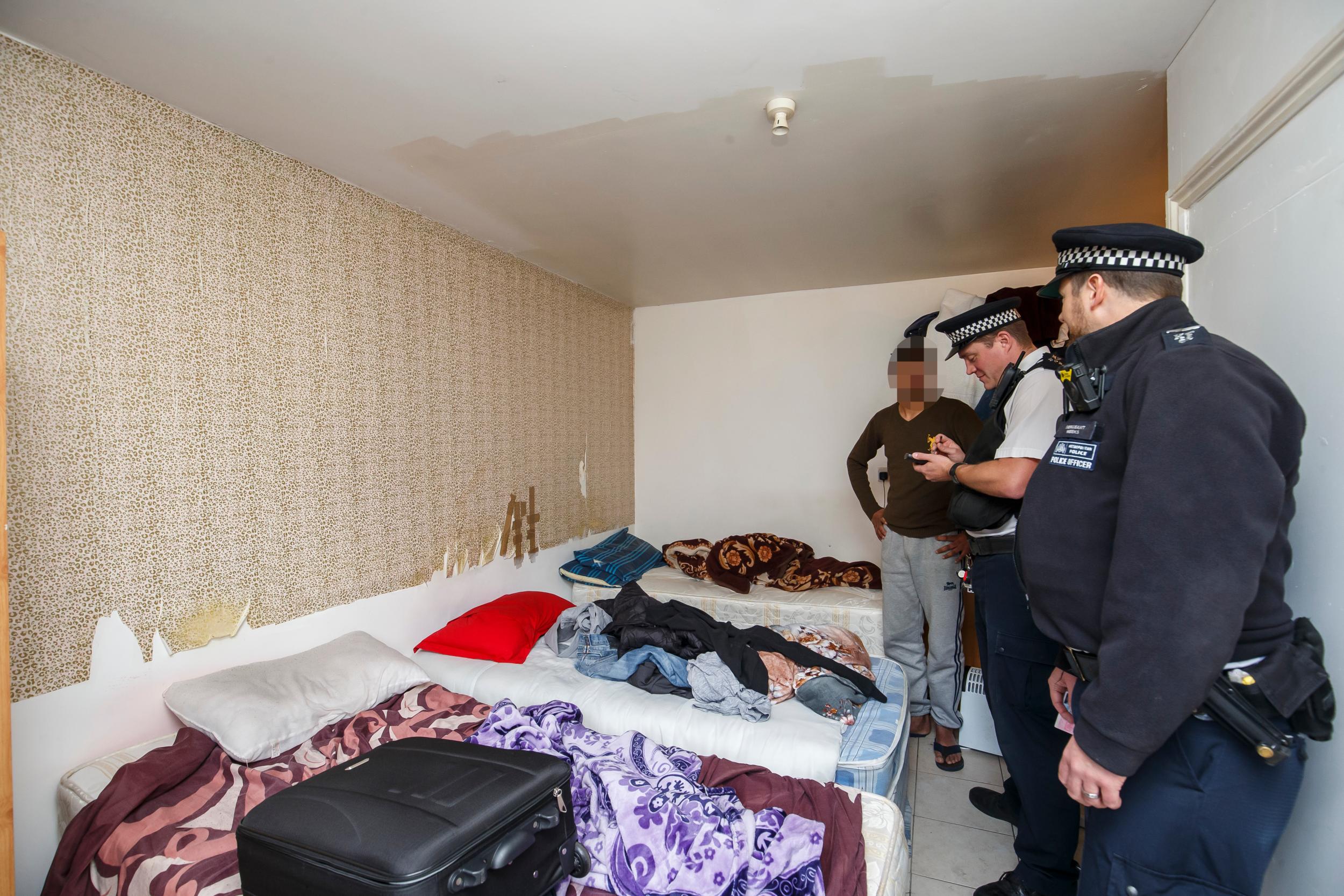Rogue landlords to be named and shamed on public database
After criticism that tenants are shut out, they will finally be given ‘the crucial information they need before signing on the dotted line’

Private renters will be able to check if a potential landlord has been blacklisted for poor treatment of their tenants, under government plans.
A “rogue landlords” database will finally be opened up to the public to give people “the crucial information they need before signing on the dotted line”.
Ministers came under fire earlier this year when it was revealed that any listings on the database – first promised in 2015 and established in April 2018 – would be kept secret from prospective tenants.
Only local authorities are given the information, to enable them to target illegal landlords and “name and shame” those failing to provide safe and decent homes.
Now James Brokenshire, the communities secretary, has promised the change, saying: “It is right that we unlock this crucial information for new and prospective tenants.”
However, it is still unclear how many names are actually on the database. In April, there were just four – despite a government estimate of 10,500 rogue landlords operating across England.
The campaign group Shelter welcomed the move, but argued what really mattered was swift action on the government’s pledge to stamp out evictions without proper reason.
“Having access to a public database will offer renters a better chance of protecting themselves and their family,” said Polly Neate, Shelter’s chief executive.
“But, far and away the most important thing the government can do to tackle rogue landlords is make it impossible for them to evict tenants without a valid reason.”
Mr Brokenshire announced a 12-week consultation on opening up the database, meaning the final decision will rest with the new government to be announced when Theresa May leaves office on Wednesday.
It will also examine widening the list of offences that will warrant blacklisting on the database, such as breaching the new Tenant Fees Act.
At present, a landlord can be listed for 14 “banning order” offences, from unlawful eviction and harassment to licensing breaches, or for two fines for housing offences in the past year.
However, a freedom of information response three months ago revealed not a single banning order had been issued – and that just four names were on the database.
There are 4.5 million households renting privately in England, a proportion that has nearly doubled from 10 per cent to 19 per cent since 2002.
A third are families with children – up from just a fifth 20 years ago, Shelter pointed out.
Mr Brokenshire said: “This database has the potential to ensure that poor quality homes across the country are improved and the worst landlords are banned and it is right that we unlock this crucial information for new and prospective tenants.
“Landlords should be in no doubt that they must provide decent homes or face the consequences.”
He also released further details on plans to end “no-fault” evictions, which are also out to consultation.
Landlords would be able to reclaim their property to sell it, or for a member of their family to move in.
Subscribe to Independent Premium to bookmark this article
Want to bookmark your favourite articles and stories to read or reference later? Start your Independent Premium subscription today.

Join our commenting forum
Join thought-provoking conversations, follow other Independent readers and see their replies